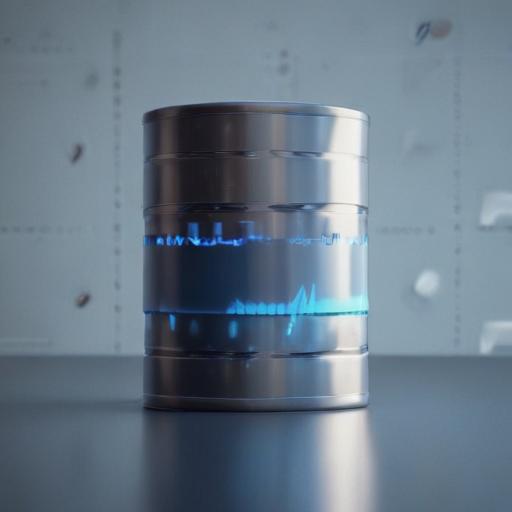Larry Ellison’s fortune surged by 12.4 billion dollars on Tuesday as Wall Street’s growing conviction that artificial intelligence infrastructure will reshape the tech industry boosted demand for Oracle shares. The Oracle cofounder and chief technology officer now has a net worth of 301.7 billion, placing him as the world’s second-wealthiest person, according to Forbes’ real-time tracker.
Oracle stock rose 1.24% to 255.67 dollars after Bank of America lifted its price target for the software giant to 295 dollars from 220. The firm pointed to robust capital expenditure guidance from major tech players as a sign that demand for AI infrastructure is accelerating, positioning Oracle as a key beneficiary in the shift.
Microsoft’s latest forecast points to more than 30 billion dollars in capital spending for the coming quarter, well above earlier estimates of 23.5 billion. Meta’s full-year guidance was raised to 69 billion, up from 67 billion. Together, analysts describe these numbers as signals of a large addressable market for AI infrastructure, with the agentic AI segment alone valued at about 155 billion dollars and viewed as an eight percent addition to the broader software market.
The mood underscores Oracle’s long-running strategy under Ellison to move beyond its legacy database business and aggressively expand in cloud services, often through acquisitions. The company’s largest deal remains the 2021 purchase of electronic health records provider Cerner for 28.3 billion dollars.
What we know about Ellison
Ellison, who handed the chief executive reins to others in 2014 after 37 years at the helm, continues to steer Oracle as chairman and chief technology officer. He owns roughly 40% of Oracle, ensuring a significant stake in the company’s future trajectory.
Beyond Oracle, Ellison has a larger-than-life public profile. He bought almost the entire Hawaiian island of Lanai in 2012 for 300 million dollars and has lived there since 2020. He also served on Tesla’s board from 2018 to 2022, amassing about 45 million split-adjusted shares before stepping down.
Outlook and caution
Despite the rosy projections for AI infrastructure, Bank of America maintains a neutral rating on Oracle, citing uncertainty about how much the AI wave will translate into concrete revenue and profitability for the company. The bull-versus-bear debate centers on how material AI infrastructure opportunities will be for Oracle’s topline growth and how quickly any gains will materialize.
A closer look at the path forward suggests that Oracle’s strength will depend on its ability to monetize AI-enabled offerings within its cloud portfolio and its capacity to integrate Cerner and other acquisitions into a cohesive, scalable service for customers moving workloads to the cloud.
Summary
Tuesday’s gains for Ellison and Oracle reflect investor optimism that the AI infrastructure boom will translate into tangible revenue for cloud players. While large questions linger about timing and scale, Oracle’s ongoing pivot toward cloud services, combined with a high-profile leadership stake, keeps it at the center of the AI infrastructure conversation.
A hopeful note
If Oracle can convert AI-related demand into steady cloud-based revenue growth and successful integration of its acquisitions, the company could stand to gain from a durable, long-term shift toward AI-powered enterprise solutions. Ellison’s outsized stake aligns his interests with Oracle’s performance, potentially reinforcing a positive outlook for investors who believe in the company’s strategic pivot.
What to watch next
– Oracle’s progress in expanding its cloud services and AI offerings beyond traditional database products.
– The cadence of monetization from AI infrastructure demand, and how Cerner integration contributes to Oracle’s top-line growth.
– How Oracle’s results compare with peers’ AI-related capex cycles and whether the broader market’s optimism sustains the stock’s momentum.
